The Commission says intra-EU shipments of waste are a key link in the supply chain and must be maintained for environmental, public health and economic reasons.
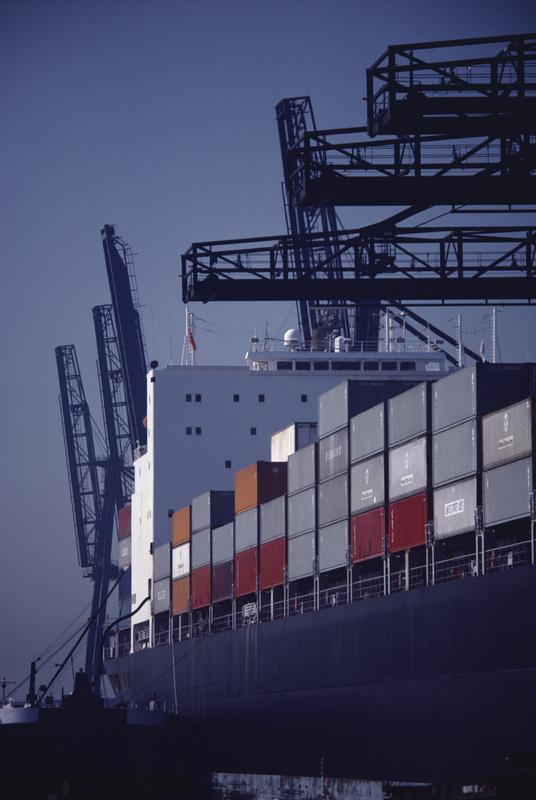
Virginijus Sinkevičius, European commissioner for environment, oceans and fisheries and Lithuania’s minister of economy and innovation, said: “Our companies dealing with waste continue providing an essential service to our society even in these difficult times.
“The Commission works with the member states to keep the green lanes for waste open so that it could be shipped without delay, become the resource for another industry or get its most appropriate treatment in the EU.
“This is an essential task to protect our health and the environment, and keep the circular economy moving ahead.”
Concerns had been raised in the UK about the export of waste by several organisations, with the Recycling Association’s CEO Dr Simon Ellin saying nations needed to keep open their ports and logistical systems to ensure material could reach manufacturers (see letsrecycle.com story).
Recommendations
Member states have been asked to ensure all freight gets to its destination without delays and that waste shipments have access to the ‘green lane’ border crossings.
“This is an essential task to protect our health and the environment”
Implemented by the Commision on 23 March, these ‘green lane’ routes have been identified to facilitate smoother and faster crossings.
The Commission also says the use of paper-based procedures slows down administration and necessitates unwelcome physical contact. The use of electronic procedures is recommended instead.
Notification
Under European waste shipment regulation, a notifier is required to send signed copies of a completed movement document to the involved competent authorities and the consignee at least three days before a shipment starts.
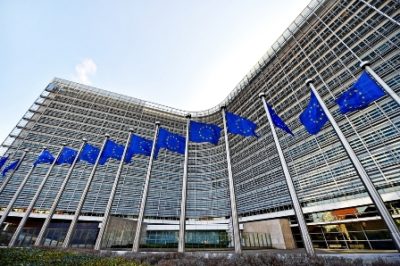
The Commission says that, in the context of the coronavirus crisis, the application of the provisions on prior information may pose challenges to the notifier and so, when applying these rules, member states should take account of such challenges.
Under the waste shipment regulations if any essential change is made to the details and/or conditions of a shipment, the notifier is required to inform the competent authorities concerned and the consignee immediately and, where possible, before the shipment starts.
It has been recommended by the Commission that, in the event of such changes, the relevant authorities consider not requiring a new notification.
And, if another member state becomes involved due to re-routing of a shipment, it is recommended that all competent authorities do their utmost to process the new notification as speedily as possible.
RDF
The modifications to the regulations are especially pertinent in the context of refuse derived fuel (RDF) exports.
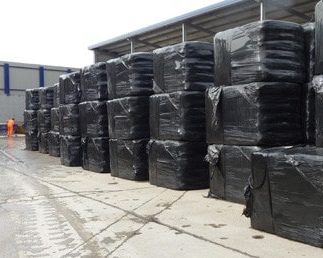
Robert Corijn, marketing manager at Dutch energy company Attero B.V. and chair of the RDF Industry Group, said: “RDF exports continue to take place whilst adapting to the challenges caused by the COVID-19 crisis.
“The European Commission has rightly described shipments of waste as a ‘key link’ in the functioning of waste management across the EU.
“The Group welcomes the guidance recently published by the Commission on maintaining the flow of waste shipments, and the recent introduction of ‘green lane’ border crossings is helping to ensure the movement of RDF is not hindered or delayed at this time. T
“The Group urges designated competent authorities and governments to continue to work together to maintain the flow of RDF over the coming weeks and months.
“Continuation of RDF exports protects human health, and avoids landfilling and its related greenhouse gas emissions.”
Useful links
Shipments of waste in the EU in the context of the coronavirus crisis





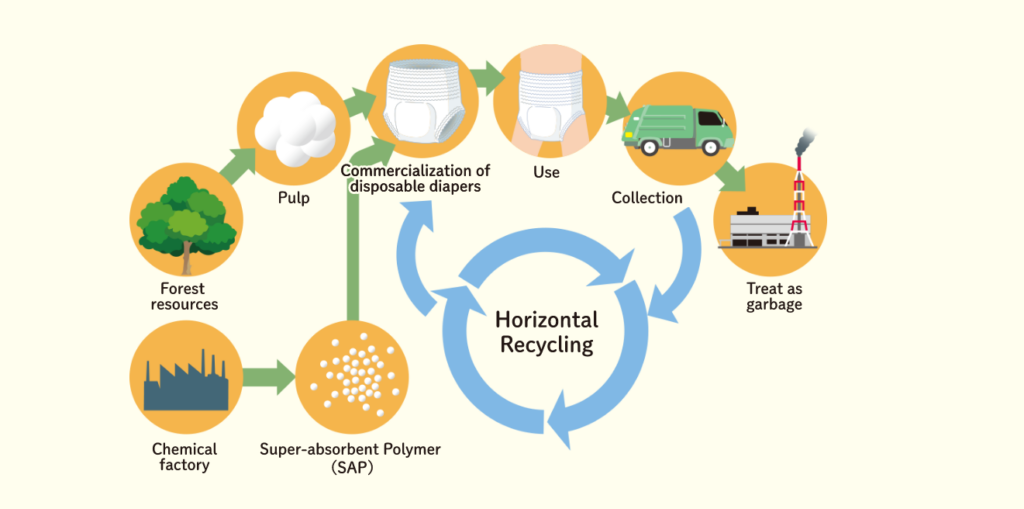
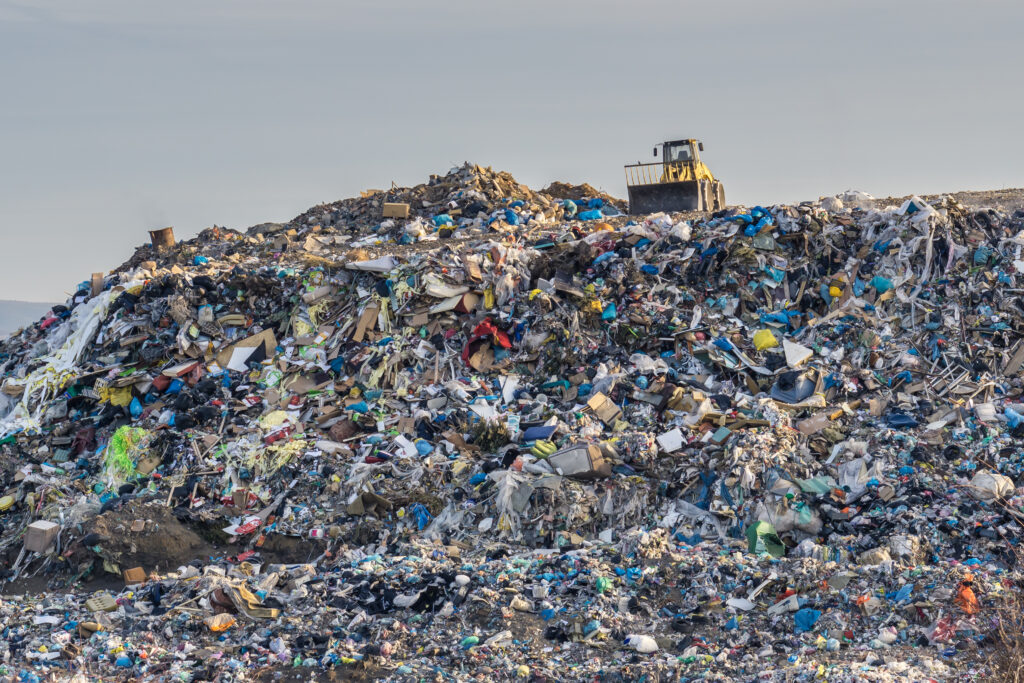



Subscribe for free